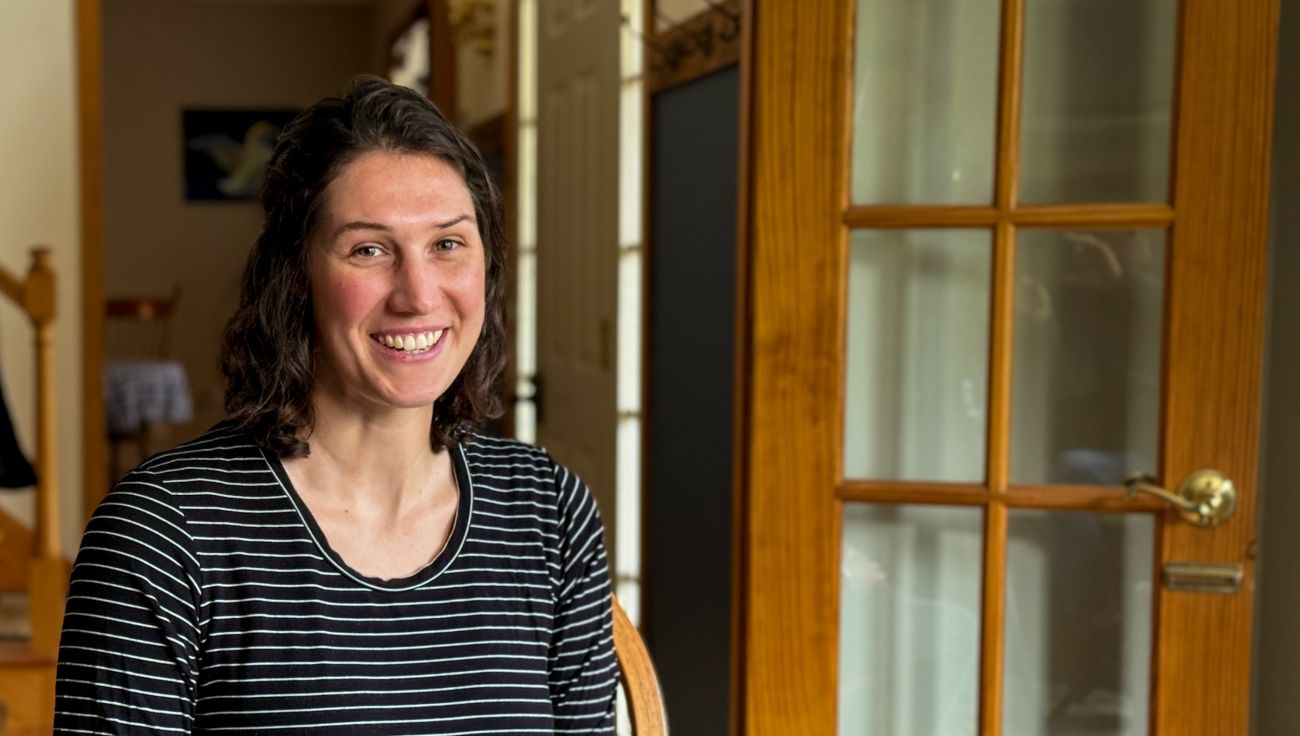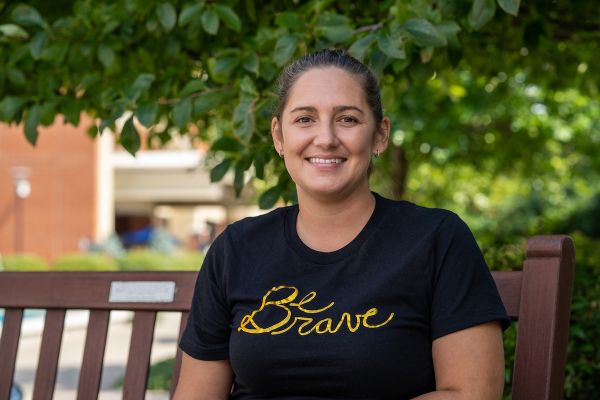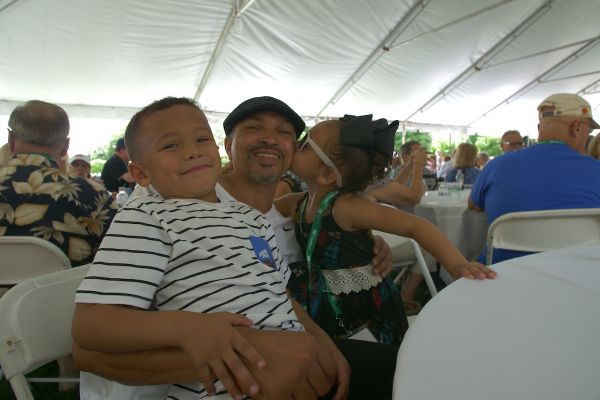Will you need a stem cell or bone marrow transplant?
A transplant can offer a potentially longer, disease-free survival — or cure.
The ideal time to meet with a transplant specialist is when you are first diagnosed. Stem cell collection, donor search, match testing and preparation takes time, and we can do some of these steps now.
If you have a blood cancer, something has gone wrong with how your blood cells are made. A transplant gives you a fresh batch of stem cells or bone marrow so your body can make healthy new blood cells.
Roswell Park’s Transplant & Cellular Therapy Center offers nationally-renowned transplant experts, the latest strategies for optimal outcomes and lifelong care and support.
As soon as I knew a bone marrow transplant could be my cure, I knew that was the path I wanted...Roswell Park saved my life — and gave me another one at the same time.*
Leah, Transplant Patient
Who needs a transplant?
If you have a blood cancer — leukemia, lymphoma, or multiple myeloma — or certain other cancers or blood disorders, a stem cell transplant (formerly called bone marrow transplant, or BMT) may eventually become part of your treatment. But you should meet with a transplant specialist as soon as possible.
Roswell Park Comprehensive Cancer Center was among the first to routinely offer transplant as a treatment for cancer. Since 1977, we have performed more than 3,450 transplants — continually improving outcomes and pioneering new strategies for more successful and safer transplant.
The ideal time for a transplant consultation is at the time of your diagnosis, or as soon as possible.
- Stem cell transplant is a treatment for patients with certain blood cancers or blood disorders, immune disorders or select solid tumors, such as testicular.
- About 18,000 people need a stem cell or bone marrow transplant each year.
- A transplant may use stem cells collected from blood, bone marrow, or cord blood from yourself, a family member or unrelated donor.
* Cancer patient outcomes and experiences vary. An individual patient’s story should not be used as a prediction of how another patient will respond to treatment.



